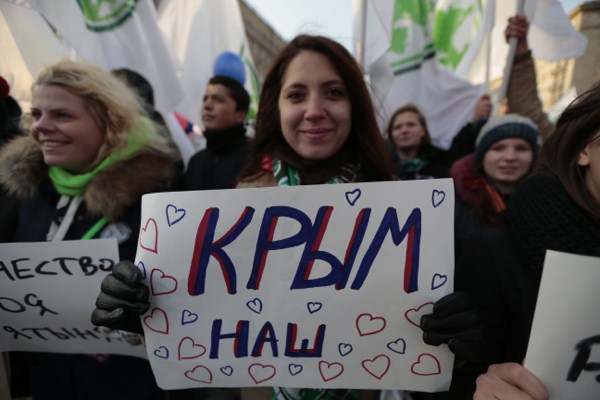As the end of each year rolls around, foreign policy pundits inevitably churn out columns reviewing the past 12 months and guessing at what comes next. These pieces will make for consistently bleak reading this year. Viewed in geopolitical terms, 2014 has been egregiously nasty. It is now conventional wisdom that the wars in Ukraine and the Middle East, coupled with China’s increasing assertiveness in the Pacific, signal the looming implosion of the American-led international order.
Like most conventional wisdoms, this may prove to be incorrect. While many analysts will make pronouncements about the future of the world in 2015, literally none of them can claim to have foreseen how Russian revanchism, the rise of the so-called Islamic State (IS) and freak shocks like the Ebola outbreak would converge during 2014.
So if anyone says they know how the resulting concatenation of crises will play out, they are fibbing. This is not surprising: Certainty about the future is impossible.

